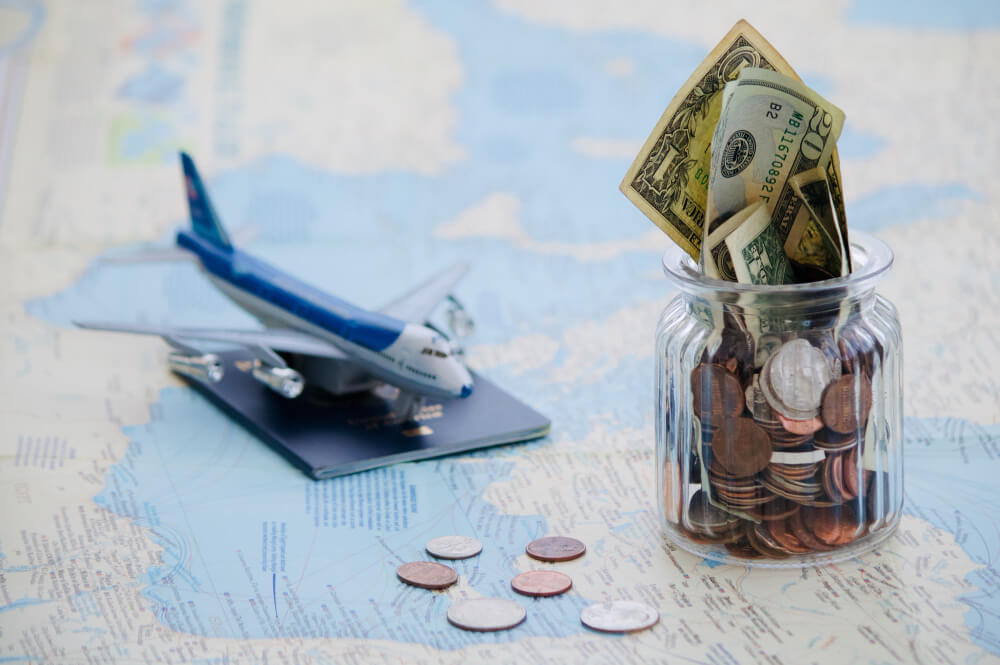Business travel is a necessary part of growth for many entrepreneurs, whether it’s attending conferences, meeting clients, scouting new locations, or conducting in-person team trainings. The good news? Many of those costs can be tax-deductible, helping you reduce your taxable income and reinvest more money back into your business.
But not all travel expenses qualify, and the IRS has clear rules about what can—and can’t—be deducted. In this guide, we’ll break down how to maximize deductions for business travel expenses and stay compliant while saving big.
What Qualifies as Business Travel?
Before we dive into deductions, it’s important to understand what the IRS considers business travel.
According to the IRS, business travel refers to trips that:
Are away from your tax home (your regular place of business)
Require you to be away long enough to need rest or sleep
Are primarily for business purposes (not vacation)
Occur temporarily (not indefinite relocation)
If your trip meets these conditions, many expenses associated with that travel may be deductible.
Top Business Travel Expenses You Can Deduct
Here’s a breakdown of the most common tax-deductible business travel expenses:
✈️ Transportation
Airfare, train, or bus tickets
Car rental fees (used strictly for business)
Taxi, ride-share (Uber, Lyft), shuttle services
Baggage fees
Tip: You can also deduct mileage if you use your own car. For 2024, the IRS standard mileage rate is 67 cents per mile.
🏨 Lodging
Hotels or Airbnb stays for business nights only
Conference hotel rooms
Tip: If you extend your trip for personal time, you can only deduct the lodging expenses for the business portion.
🍽️ Meals
50% of the cost of meals during business travel
Applies to meals with clients, networking dinners, or solo meals while traveling
Tip: Keep itemized receipts and avoid lavish or extravagant meals, as they may be disallowed.
💼 Business-Related Expenses
Wi-Fi and phone charges for business use
Shipping business materials or equipment
Printing and office services
Parking and tolls
📋 Conference and Event Fees
Seminar registrations
Trade show passes
Business education event tickets
What Is NOT Deductible
While many travel costs are deductible, some expenses are not:
Entertainment (as of the Tax Cuts and Jobs Act of 2017)
Personal expenses during the trip (shopping, personal sightseeing)
Family member costs unless they are employees with a valid business reason
Travel that is primarily for personal reasons
Business vs. Mixed-Purpose Travel
Many business owners combine business and leisure on the same trip. The IRS allows deductions for business portions only, so it’s important to separate personal and business expenses.
Example:
You attend a 3-day business conference in Miami and stay for 2 additional days for vacation.
You can deduct:
Transportation (airfare to/from Miami, since the trip was primarily for business)
Lodging for 3 business nights
50% of meals during the business portion
You cannot deduct:
Hotel for the 2 personal nights
Meals and activities during personal days
How to Keep Records for Business Travel Deductions
Accurate, organized documentation is key to defending your deductions in case of an IRS audit.
✅ What to Keep:
Receipts: For all expenses over $75 (and ideally for everything)
Travel Itinerary: Show dates and purpose of the trip
Business Justification: Note meetings, conferences, or clients involved
Mileage Log: If you use your own car
Credit Card Statements: As backup for receipts
Tip: Use apps like Expensify, QuickBooks, or Shoeboxed to track and categorize expenses on the go.
Special Considerations
👨👩👧👦 Traveling With Family
If your spouse or children travel with you:
Their travel costs are not deductible unless they are employees and have a bona fide business purpose.
You must document the business reason for their presence.
🌍 International Travel
If your international trip is mostly for business, you can deduct most of your travel costs. However:
If less than 25% of the trip is business-related, deductions may be limited.
Keep detailed records showing business purpose, meetings, and outcomes.
How to Maximize Your Business Travel Deductions
✅ Plan Your Trip Strategically
Schedule multiple meetings or site visits to strengthen the business justification.
Choose travel dates that minimize personal overlap.
✅ Use Per Diem Rates When Applicable
The IRS allows a daily per diem rate for meals and incidental expenses, which can simplify tracking.
Use GSA per diem rates by city (found at gsa.gov)
This can streamline accounting, especially for frequent travelers.
✅ Deduct Prepaid and Partial Costs
If you pay for travel in December for a January trip, you may still deduct some costs in the current year.
Partial business trips (even 1-day client meetings) can qualify you to deduct transportation.
Working With a Tax Professional
Tax rules change often, and deductions are only valid when backed by proper documentation. A tax professional can help you:
Determine what qualifies as a business trip
Choose between actual expenses and per diem
Avoid red flags that trigger audits
Maximize your deductions while staying IRS-compliant
Final Thoughts: Travel Smarter, Save Bigger
Business travel is an investment in your company’s growth—and it can also lead to substantial tax savings. By planning strategically, documenting thoroughly, and working with an experienced advisor, you can legally deduct a significant portion of your travel expenses and reduce your overall tax bill.
🚀 Need help maximizing your business travel deductions?
At Tax Alternatives, we help small business owners and entrepreneurs keep more of their money by optimizing their tax strategy—on the road or in the office.
📩 Fill out the form below to schedule your consultation and travel with tax confidence.








